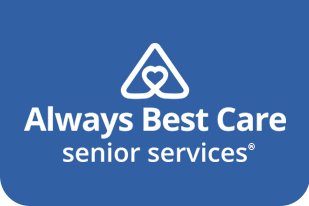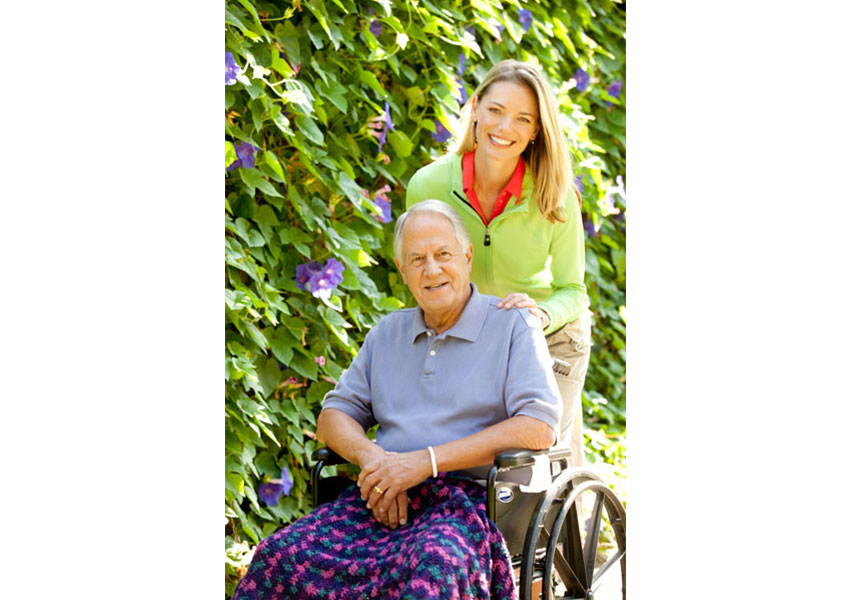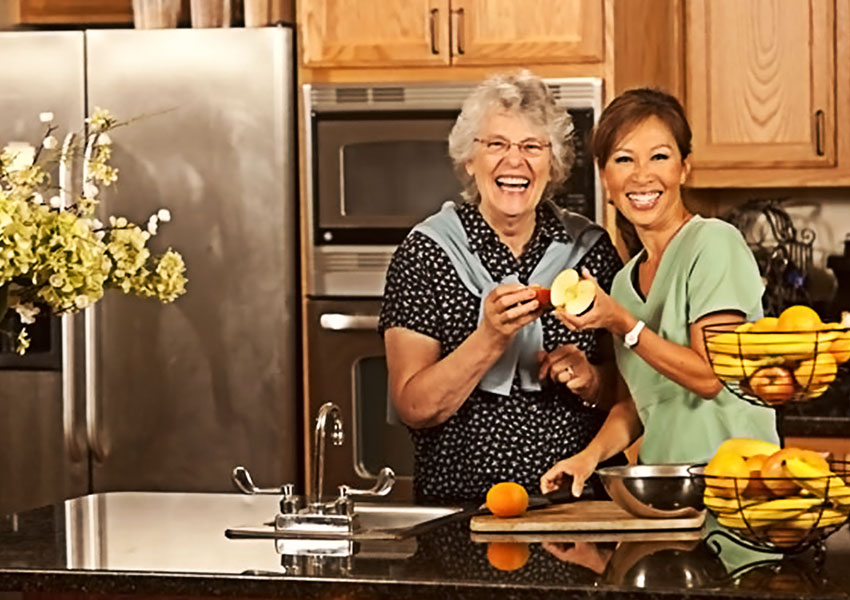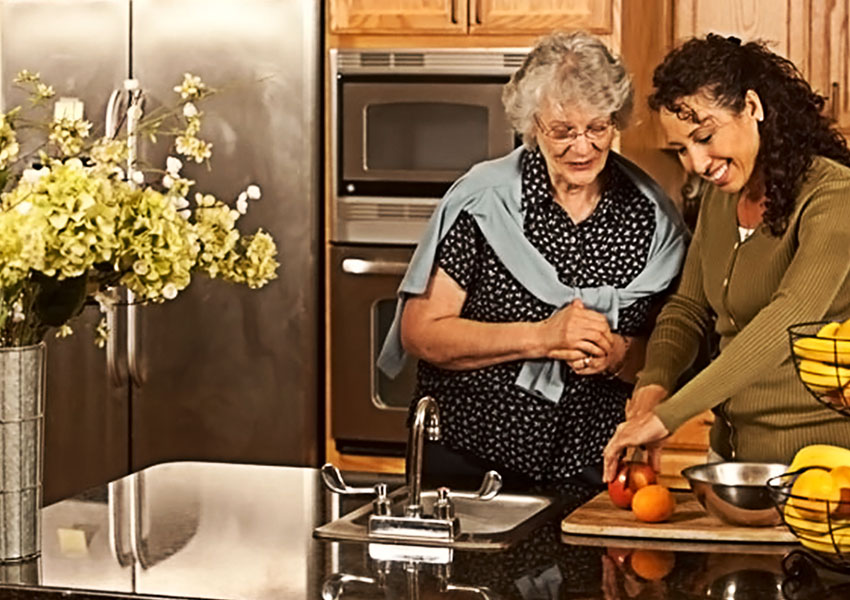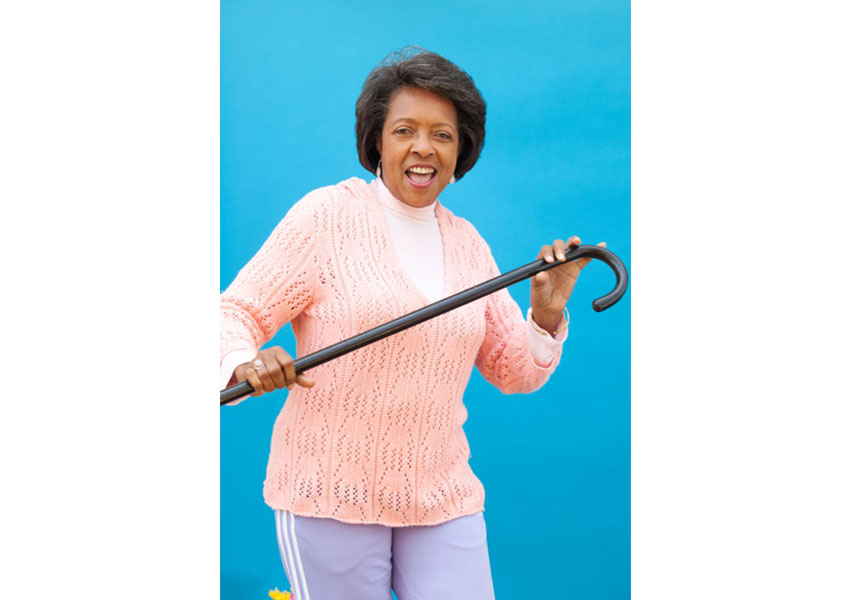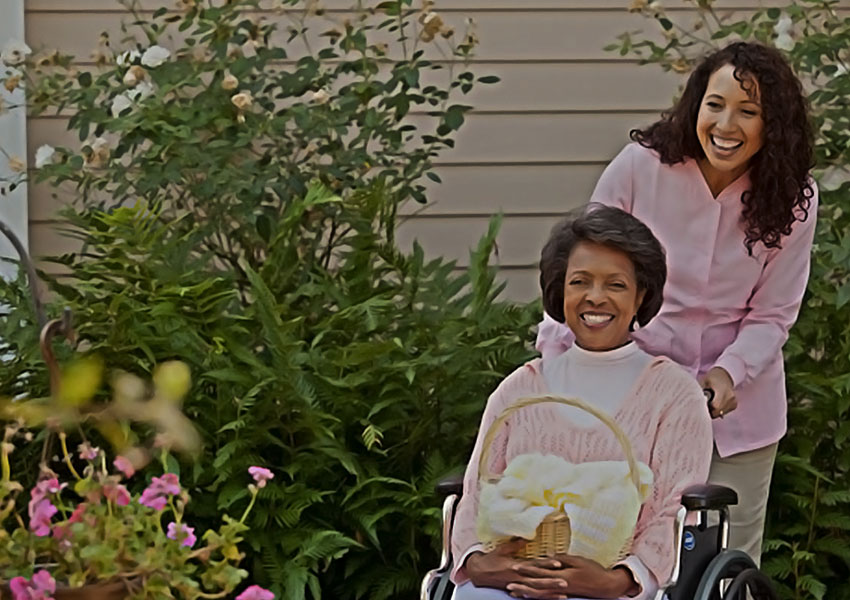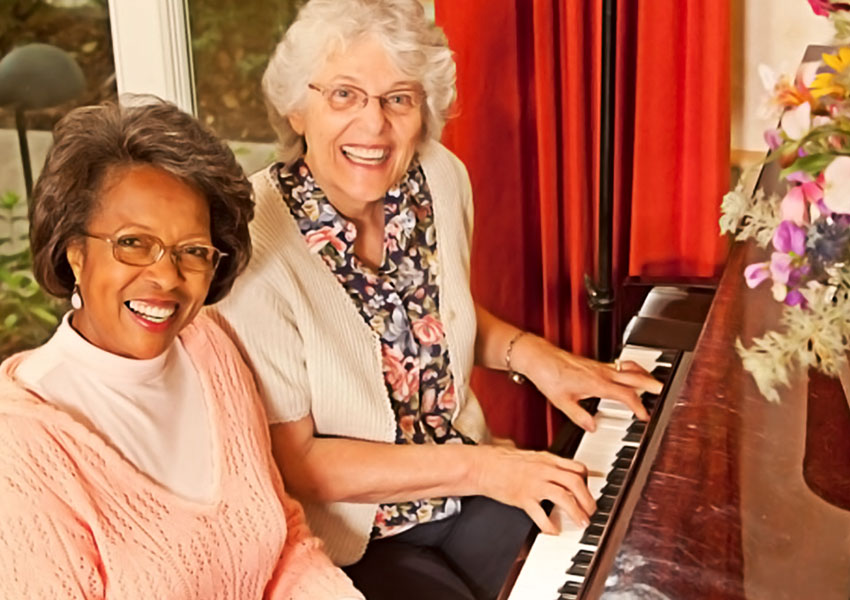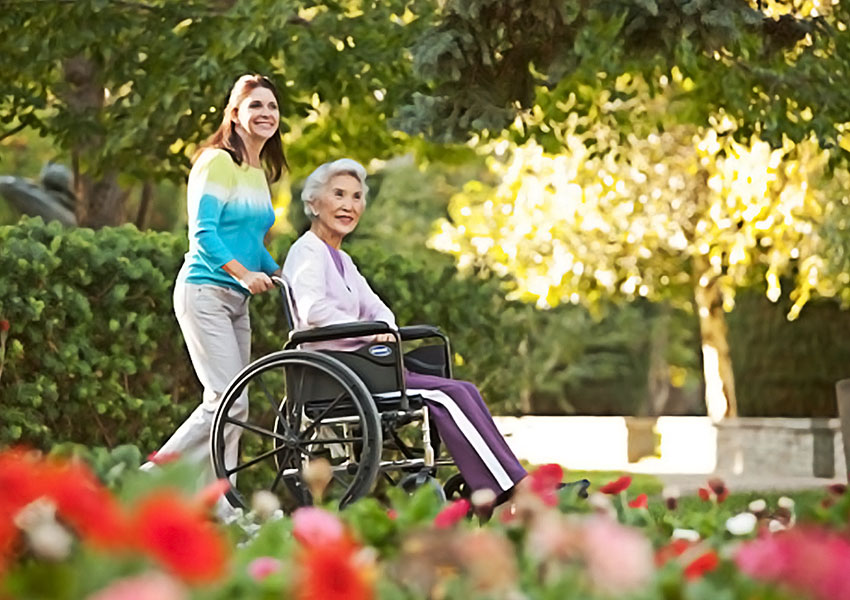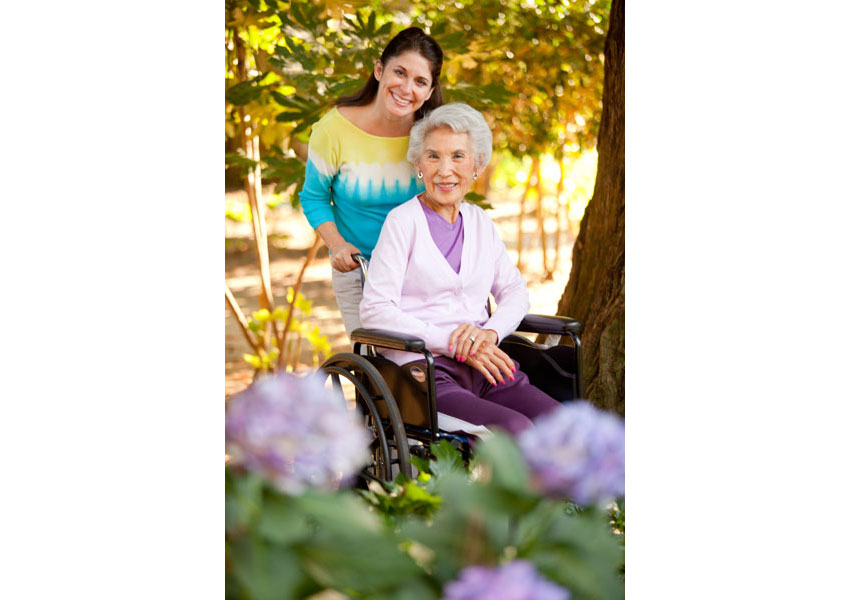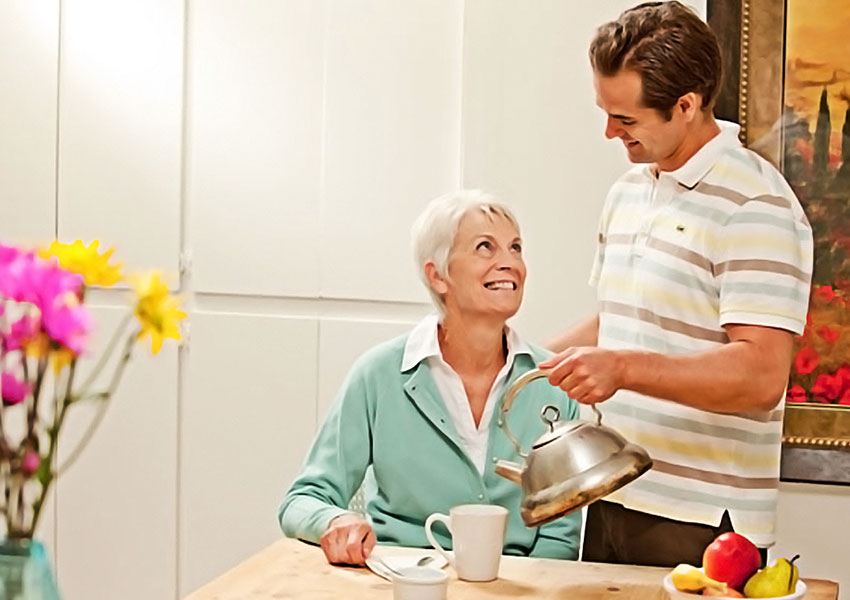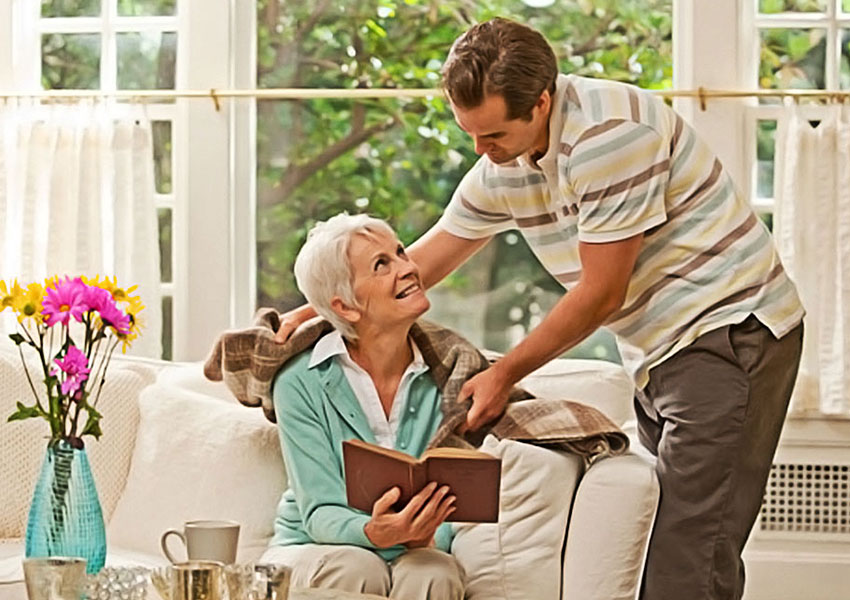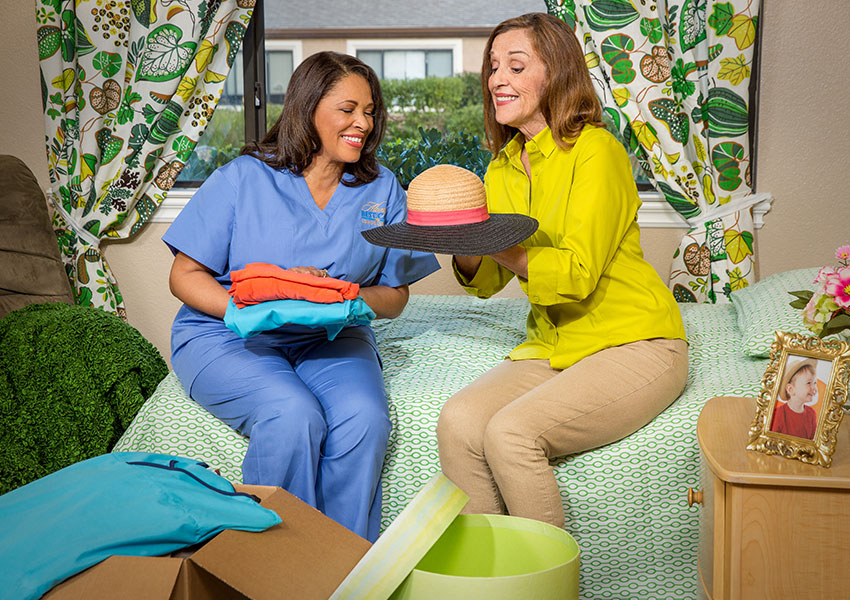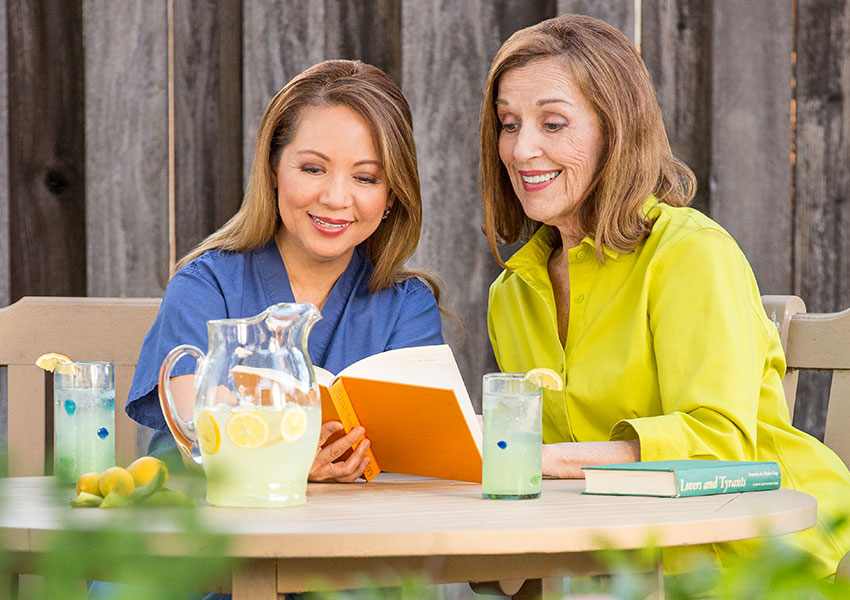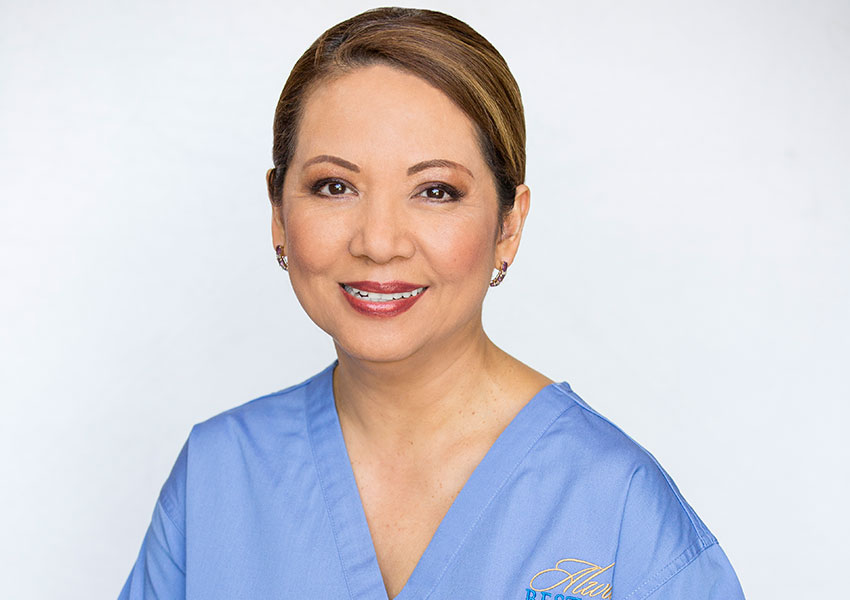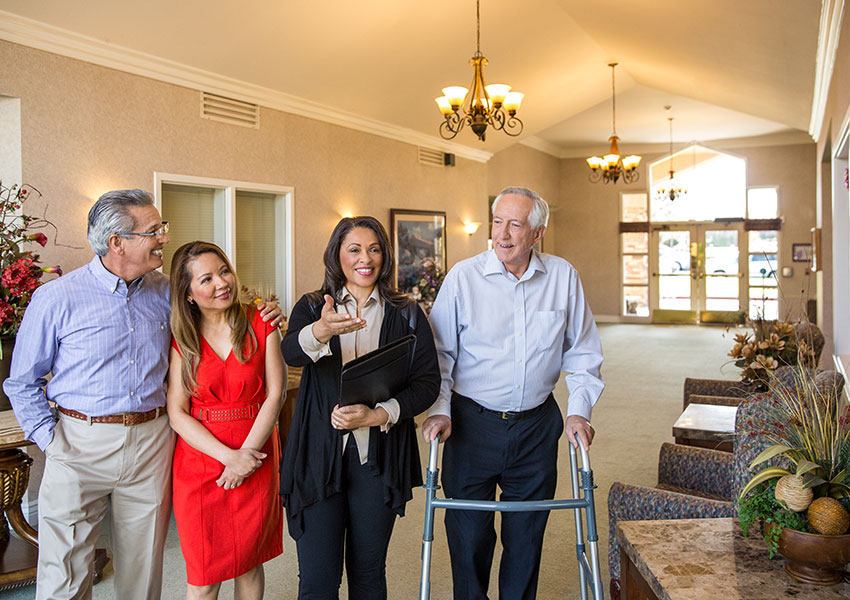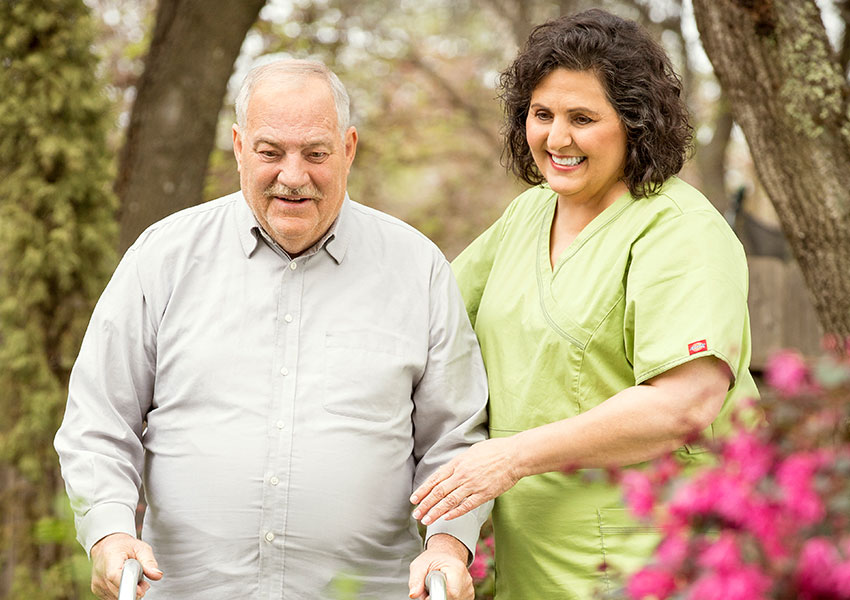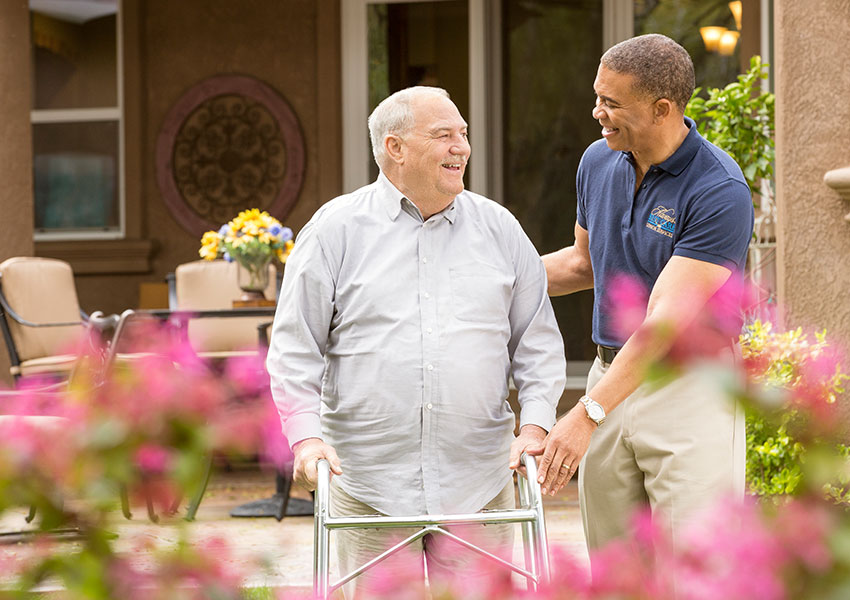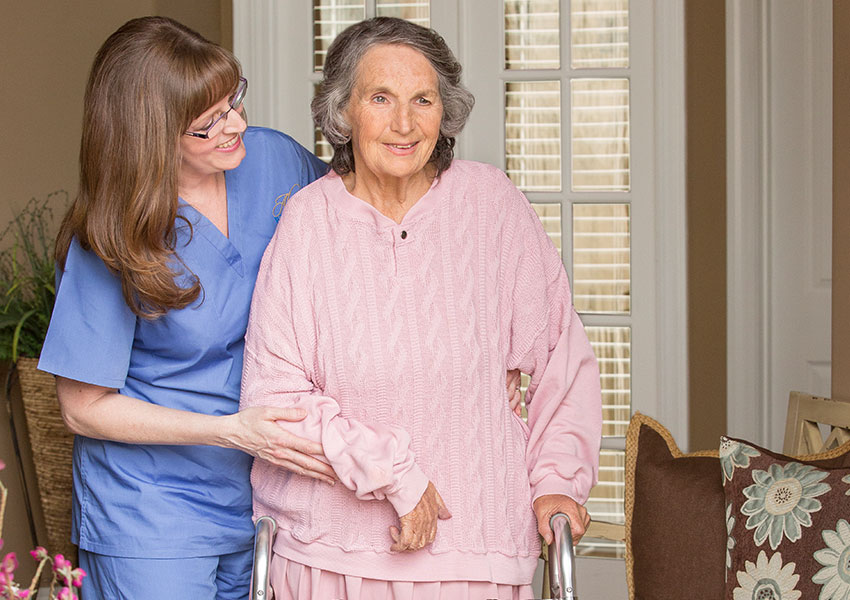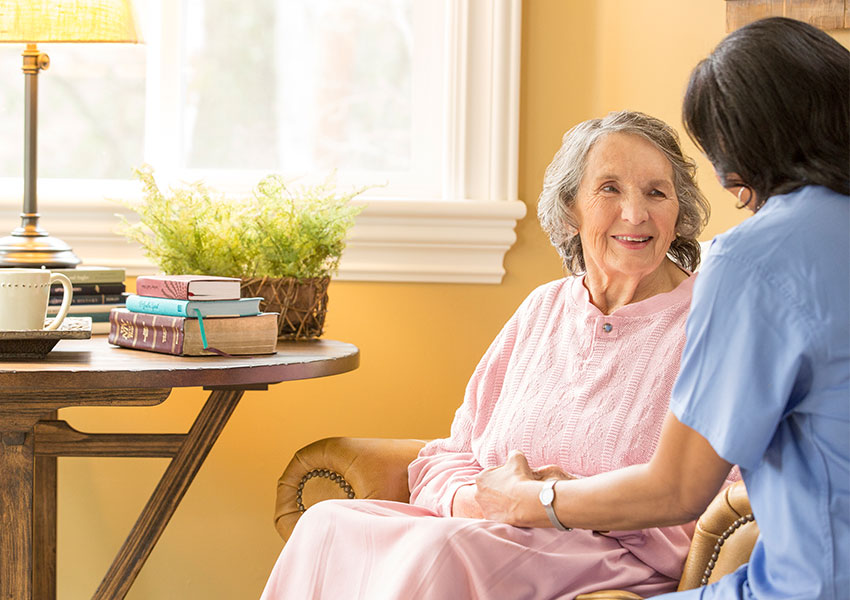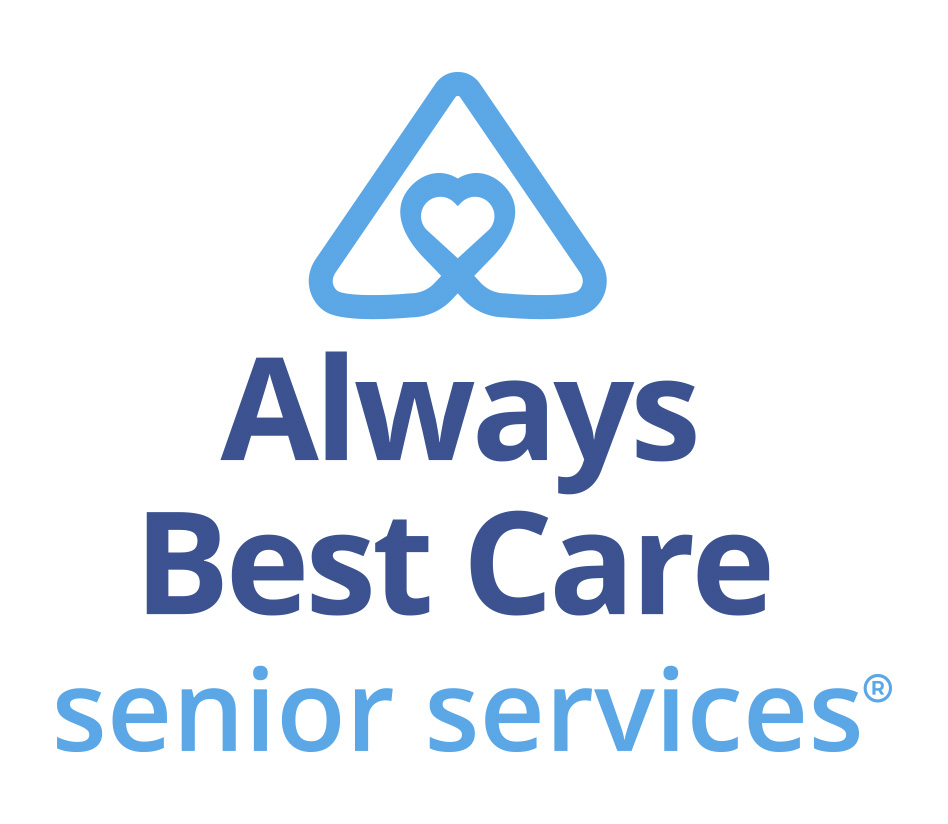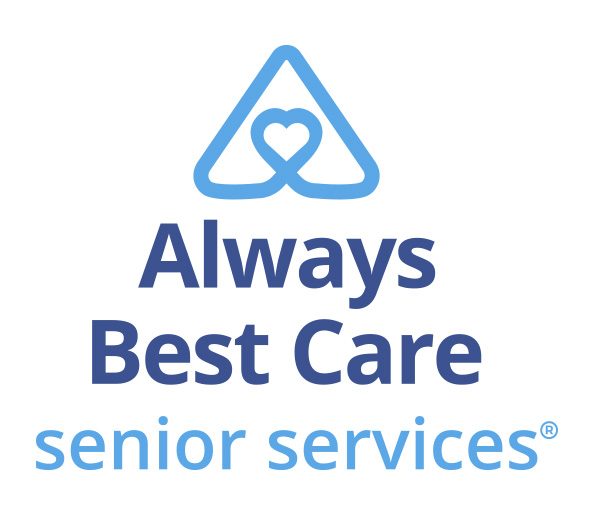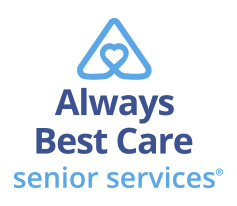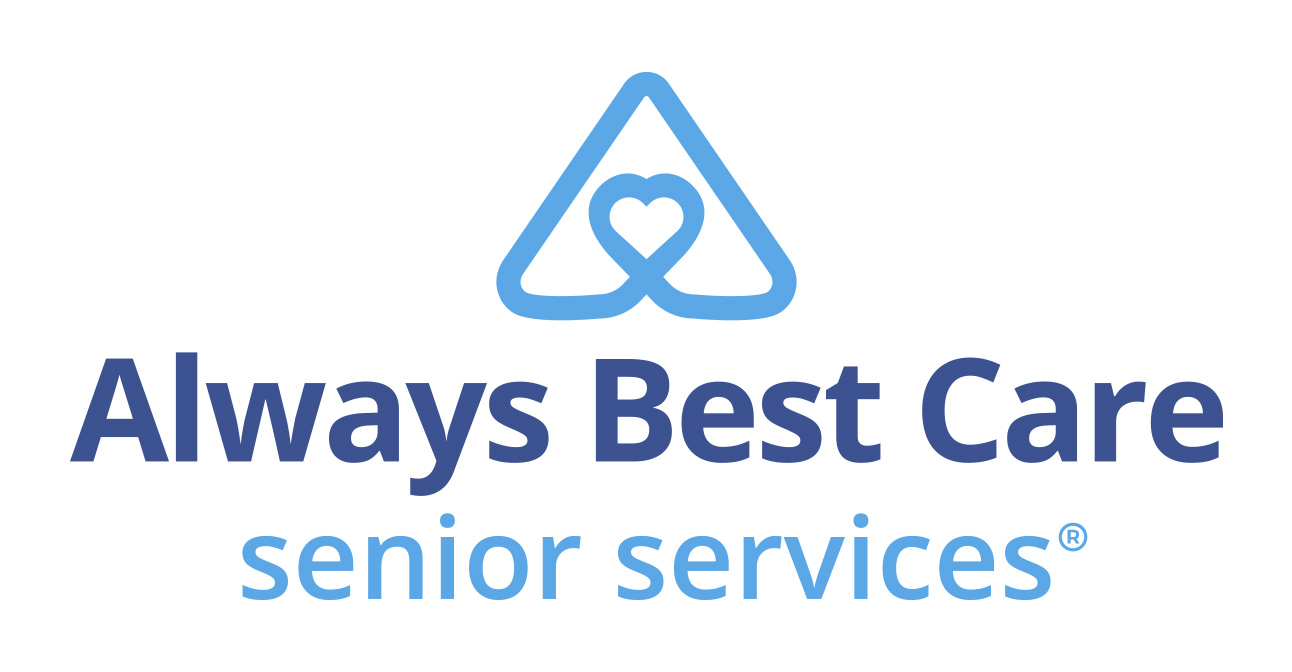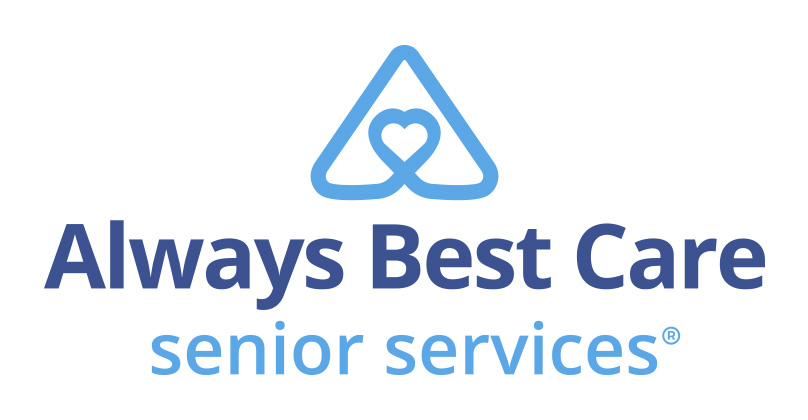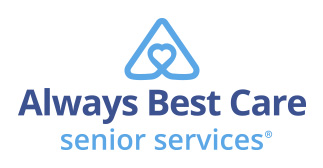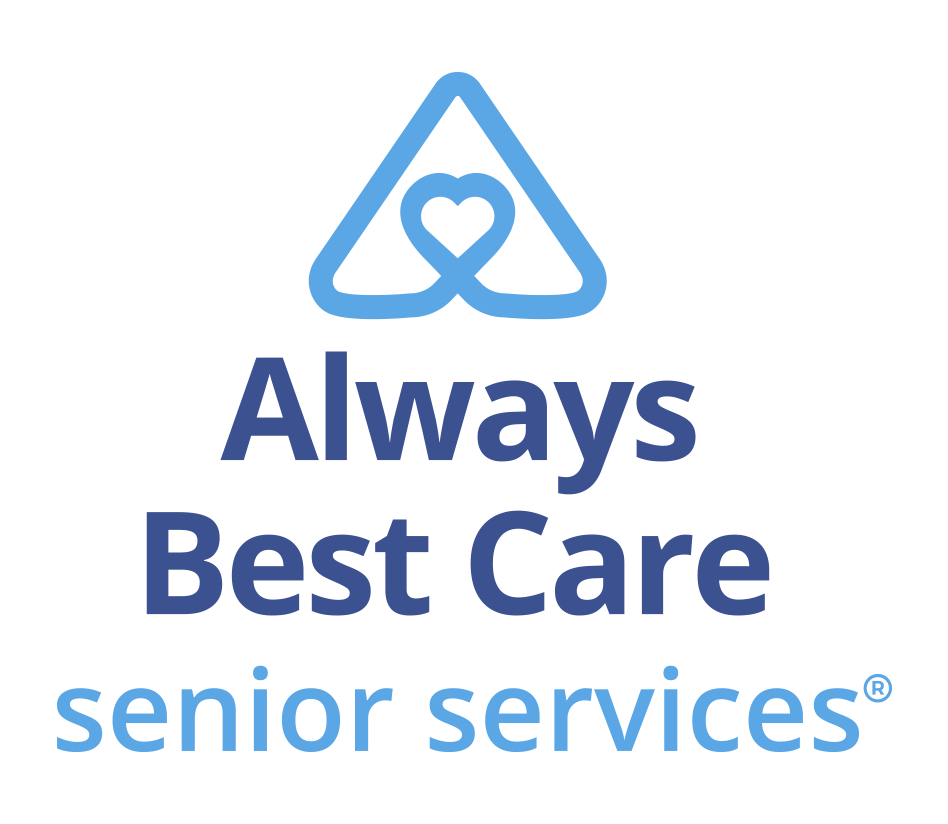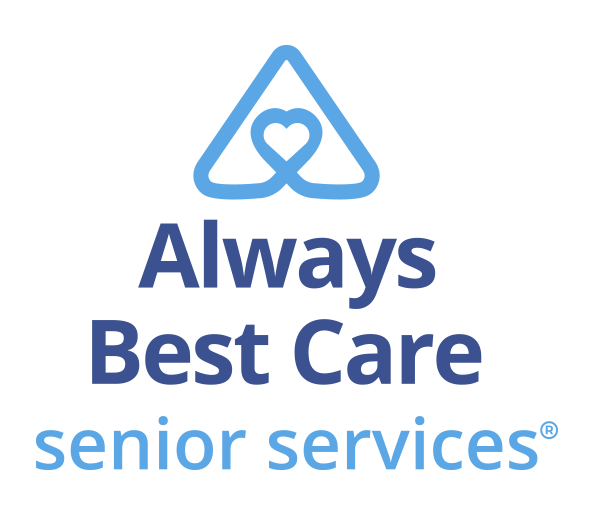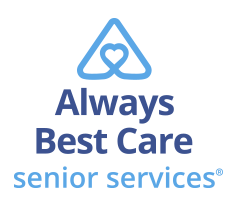Caring for an aging parent can be a lot of responsibility. Many seniors prefer to age in place for as long as possible, meaning you must ensure that they are safe at home and living a quality life. This can be a lot to take on while also balancing your own life and family. An in-home caregiver can be very beneficial in supporting your loved one with many activities from upkeep of their home to reminders to take medication to companionship and more. But at some point, their needs often become more extensive and transitioning to an assisted living facility makes more sense and can better meet their changing needs.
But what are some signs it is time to consider assisted living?
- Your loved one has become more aggressive or confused at home. This is very common as dementia progresses. Seniors may be more easily agitated and frustrated with the world around them. They may be confused about where they are or what they are doing. This can be a safety risk and a red flag that more assistance is needed.
- They are unsafe at home unless someone is with them. Is your loved one neglecting self-care or making mistakes such leaving the stove or oven on? Are dishes, laundry, or mail piling up and taking over? If your loved one seems to do better with monitoring and guidance from someone else to stay on top of daily activities, assisted living may be able to provide them with the support they need.
- They require increasing levels of care. As seniors age, activities of daily living may become increasingly difficult. They may need more help getting up and down, preparing meals, getting showered or dressed, or countless other things. It can be time consuming to make sure they have help with everything they need. But in assisted living, there will be more help available on a regular basis.
- They frequently wander. Keeping your loved one safe is a top priority. When they have a tendency to wander, it can be frightening, especially if it’s in the middle of the night. Just having a lock on the door may not be enough. When they need someone to be with them or watching them more frequently, making the choice to transition to assisted living may be the safer option than aging in place.
- They have chronic health issues or are recovering from illness or injury. Young children tend to bounce back quickly, but for seniors, recovery can take much longer and be more taxing. If your loved one needs assistive devices such as a walker, wheelchair, or brace, or is required to take medication at certain times or participate in physical therapy, it can be a lot to manage at home. Assisted living provides them with more constant care and a greater level of medical assistance from trained professionals which can support recovery.
- The demands on the family have become too great. As you care for an aging parent, don’t forget to care for yourself as well. It can be a lot to manage when you’re looking after their well-being and trying to meet your family’s needs. It’s okay to ask for help. You don’t have to try to do it all on your own. You can feel better knowing that your senior is getting the level of care and support they need in assisted living.
An in-home caregiver from Always Best Care can help your aging parent with a wide range of tasks and activities as they age in place, but once their needs increase and assisted living is the better option, Always Best Care can provide you with trusted referrals. They can help you get the information you need to make an informed decision and set your senior up for success. Call (855) 470-2273 to arrange a free consultation for in-home care or assisted living.
